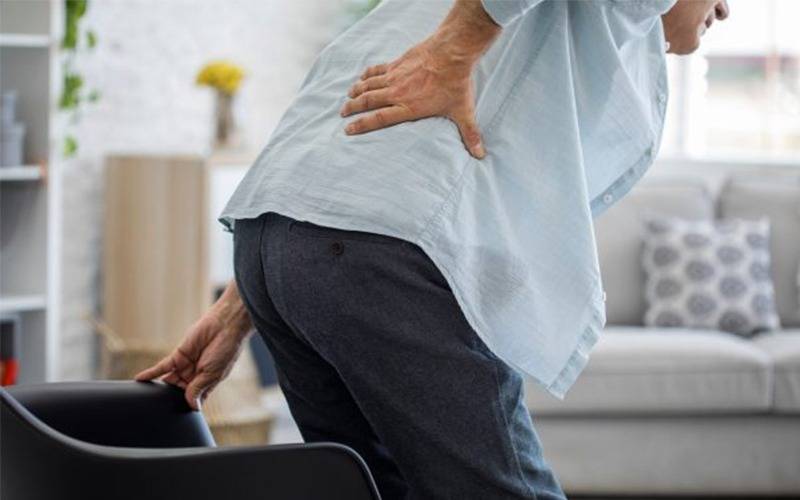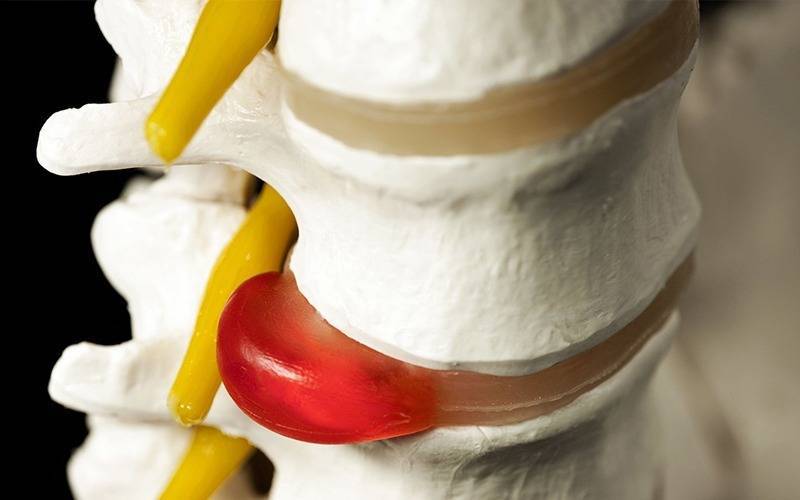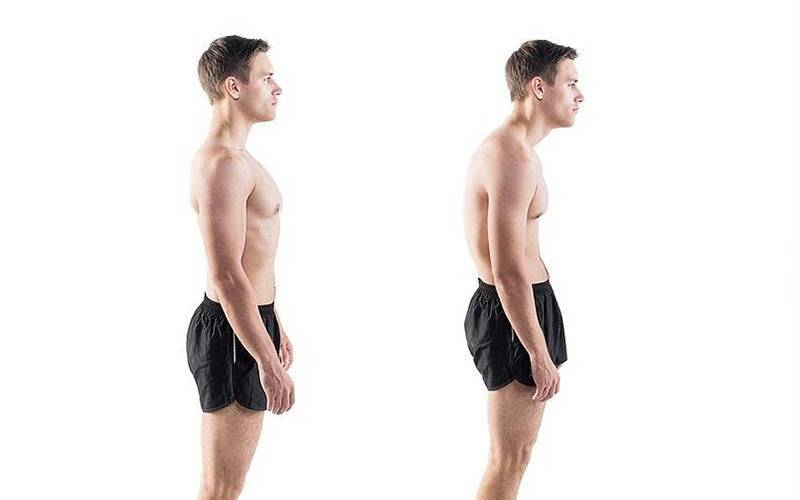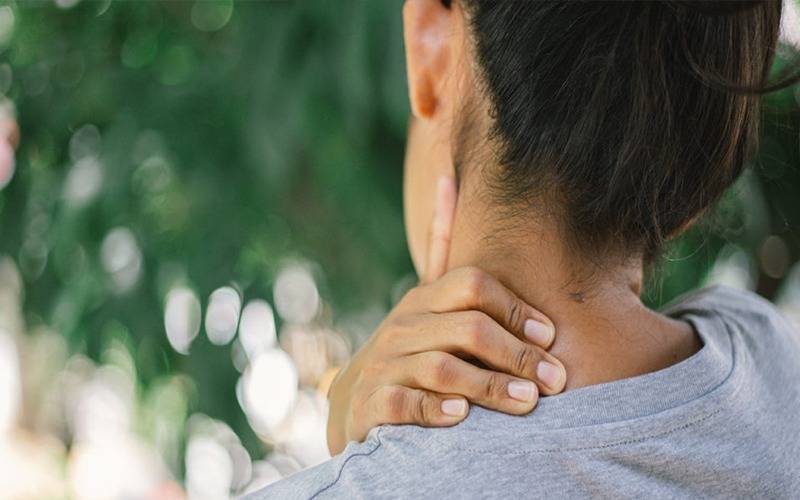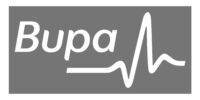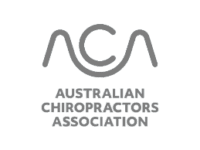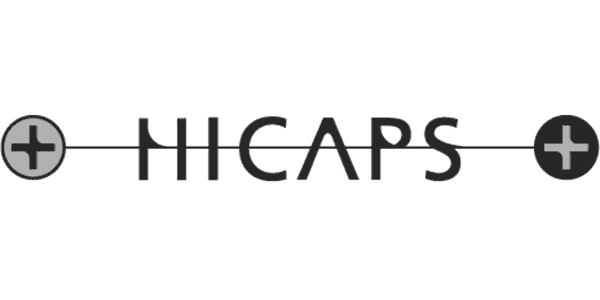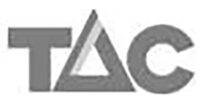
GENERAL INFORMATION, SIGNS & SYMPTOMS, CHIROPRACTOR AND SELF MANAGEMENT OF
Shoulder Rotator Cuff Tear
A muscle tear commonly occurs due to an overstretching of the muscle to the point where the fibres tear (e.g sudden overstretching or repetitive strain). The tear is commonly small (partial tear) but can be large to the point of rupture. Muscles can also degenerate as we get older and lose a little of their elasticity which may make it more susceptible to a tear.
The rotator cuff are a set of four muscles deep within the shoulder that have a high susceptibility to tear (see statistics below) compared to many others in the body. The most common muscle to tear in the shoulder is the supraspinatus muscle.
Incidence
Researchers have found it difficult to calculated how many people suffer from rotator cuff tears as many tears are not reported or do not produce enough pain to be reported. There is an estimate of approximately 20-30% of the population (with some cadaver studies in the elderly suggesting a rate of 30%)(1).
It is generally accepted that there is an increase incidence of rotator cuff tear as we age(2):
- Ages 50-59: 13%
- Ages 60-69: 20%
- Ages 70-79: 31%
- Age 80-89: 51%

Causes
- Degeneration of muscle and tissues with age
- Poor shoulder biomechanics/movement and/or repetitive strain
- Trauma
Therapies aimed to reduced muscular tension associated with rotator cuff tears
Your chiropractor will apply therapies to your shoulder with the aim of reducing muscular tension associated with pain. This will likely involve a past medical history and physical assessment to determine the cause of the tear and factors influencing pain and healing.
Management
- Ice in the stages of the injury (first 24-48hrs).
- A course of anti-inflammatory and pain relief medication may be required through instruction of your general practitioner or pharmacist.
- Avoiding irritate or painful activities (commonly shoulder overhead activities)
- Sleeping with a small pillow between your arm and body can be helpful in ensuring there is a little more freedom for the shoulder to rest during sleep.
- Your chiropractor may prescribe stretching and strengthening exercises based on your specific requirements once the pain has settled.
- You will be referred to a specialist for imaging (commonly ultrasound or MRI) should further investigation be required.
- Click Here for stretches for The Shoulder
- Click Here for strengthening for The Shoulder
How long will it take to heal?
Like every injury there are so many factors that influence healing times (e.g. the persons age, occupation, overall health, the length of the tear etc.). Your chiropractor consider all these factors when taking your history, examination and evaluating a response to therapy.
References
1. Moosmayer S, Smith HJ, Tariq R, Larmo A. Prevalence and characteristics of asymptomatic tears of the rotator cuff: an ultrasonographic and clinical study. J Bone Joint Surg Br. Feb 2009;91(2):196-200.
2. Tempelhof S, Rupp S, Seil R. Age-related prevalence of rotator cuff tears in asymptomatic shoulders. J Shoulder Elbow Surg. 1999; 8(4):296-299.
3. Felsenstein, Chad H., and Robert M. McNamara. “Rotator Cuff Injury.” eMedicine Consumer Health. Eds. Scott H. Plantz, et al. 7 Sep. 2004. Medscape. 29 Oct. 2004




